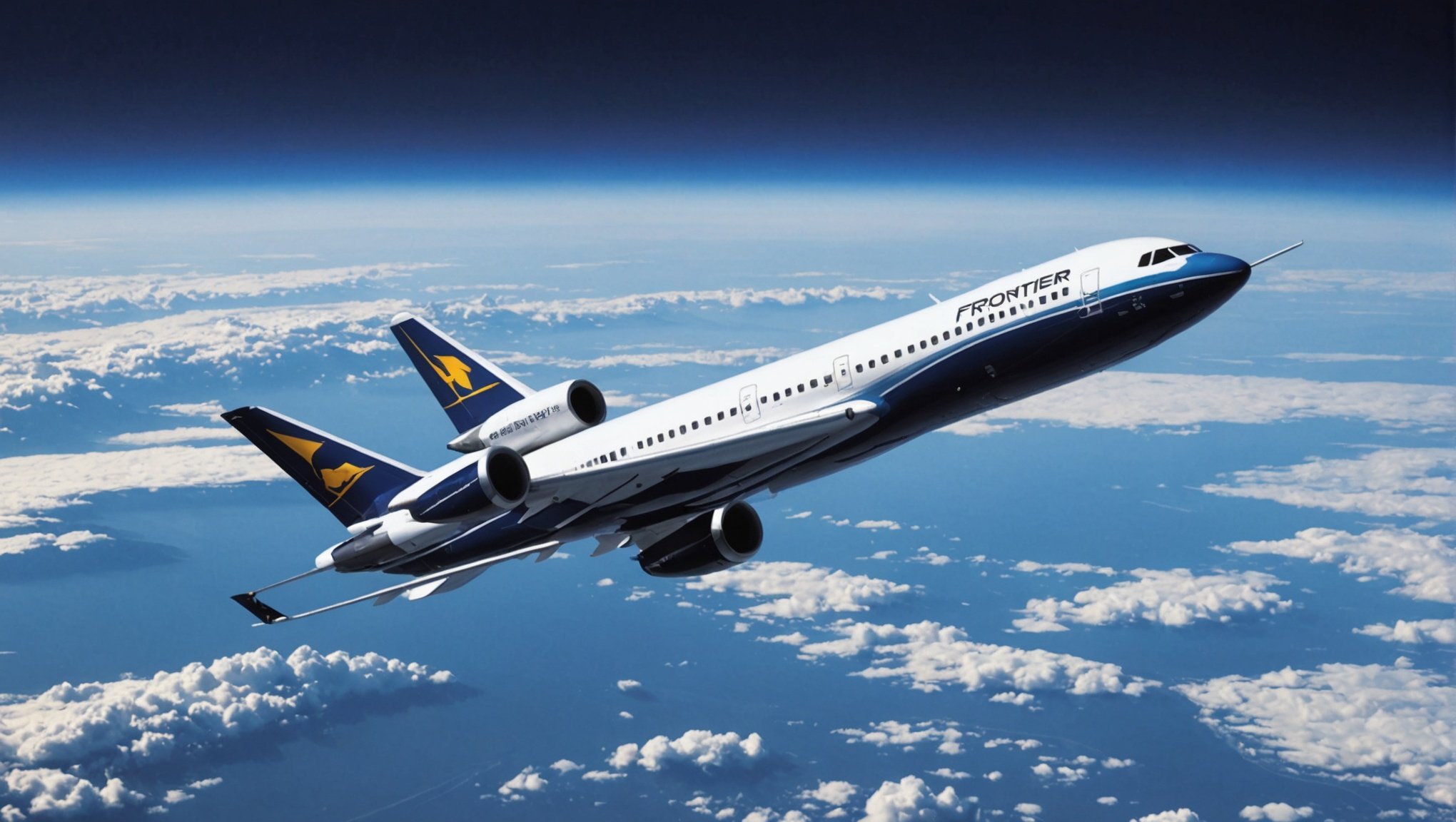Overview of Recent Developments in UK Space Tourism Regulations
In recent years, UK space tourism regulations have undergone significant updates, reflecting the nation’s commitment to fostering a burgeoning space industry. The regulatory framework has been refined to better accommodate the commercialisation of space flights, ensuring both safety and innovation thrive in tandem.
Key regulatory updates include the introduction of comprehensive safety protocols for space travel operators. These measures are designed to protect users while supporting the industry’s growth. Furthermore, modifications in licensing procedures aim to streamline the approval process for commercial space flights, making it easier for companies to establish operations within the UK.
In the same genre : Crafting a Robust Cybersecurity Blueprint for the UK Healthcare Industry: Essential Strategies and Insights
The existing legal framework encompasses rigorous standards for vehicle design, flight operations, and environmental considerations, balancing technological advancement with ecological responsibility. The Civil Aviation Authority (CAA) plays a crucial role in overseeing compliance, ensuring all stakeholders adhere to updated regulations.
For industry stakeholders, these changes present both opportunities and challenges. While the streamlined procedures could reduce barriers to entry, companies must still navigate a complex web of regulatory requirements to launch successful operations. Adapting to these demands is critical for those looking to capitalise on the emerging market.
This might interest you : Unlocking Safety: How Smart Locks Revolutionize Home Security Systems Across the UK
In essence, these developments set the stage for the UK to become a key player in the global space tourism arena, offering a supportive yet thorough framework for enterprises venturing into this ambitious field.
Key Stakeholders in the UK Space Tourism Industry
The UK space industry stakeholders encompass a diverse group of entities each playing a critical role in advancing the field. At the forefront are commercial flight operators, government agencies, and international partners, all contributing to a rapidly evolving landscape.
Government Role
The UK government’s involvement is spearheaded by the UK Space Agency, a pivotal force in regulating and promoting space activities. Its responsibilities include ensuring safe operations and fostering innovation through funding and policy development. Moreover, the agency not only collaborates with private companies but also seeks to position the UK as a global space hub.
Private Sector Involvement
Commercial flight operators are crucial to the burgeoning space tourism industry. Companies are pushing technological boundaries to offer spaceflights to the public. They drive competition and innovation, making space travel more accessible. This sector’s growth is vital for enhancing the UK’s position in the global market.
International Collaborations
International partnerships and agreements are essential in shaping the UK space tourism market. The UK engages with global players to establish cooperation in technology, safety standards, and shared resources. Such collaborations enhance the UK’s competitive edge and facilitate knowledge exchange, promoting sustainability and growth in space tourism.
Safety Measures and Compliance in Commercial Flight Operations
In the increasingly evolving field of commercial flight safety, stringent safety measures and compliance standards are crucial components. As the industry pioneers into the realm of space tourism, understanding the safety regulations becomes paramount. Regulatory bodies establish these guidelines to ensure that both passengers and flight operations are well-protected. Among these regulations, new entrants and established flight operators are expected to meet specific compliance requirements, which emphasize a safety-first approach across all levels of operation.
Existing operators are routinely audited to verify adherence to these standards. New entities entering the market must demonstrate robust safety protocols. These include emergency response plans, crew training programs, and detailed risk assessments, all under rigorous scrutiny of regulatory authorities.
Case studies from past safety incidents highlight the evolution of these regulations. Each incident not only brings about immediate operational changes but also prompts long-term revisions in the regulatory framework. For instance, a notable safety incident involving a commercial flight can lead to an overhaul of risk assessment strategies, influencing industry-wide protocols.
Ultimately, the concerted efforts to maintain high standards of compliance and implement effective safety measures play a pivotal role in safeguarding the future of commercial flights, including the exciting prospects of space tourism.
Comparative Analysis of Global Space Tourism Regulations
The rapidly evolving industry of space tourism is met with diverse challenges due to differing international space regulations. Understanding how different countries manage these regulations is crucial for global coherence in space tourism.
Leading Countries in Space Tourism
The United States and China emerge as frontrunners in the space tourism sector due to their robust technological advancements and substantial investment in space-related activities. The U.S. has pioneered several initiatives, blending public and private partnerships to spur innovation. Meanwhile, China focuses on state-driven programs with significant government involvement and control, which underlies their regulatory framework.
Differences in Regulatory Approaches
When comparing regulatory approaches, notable distinctions arise. U.S. regulations emphasize safety and risk management, allowing private companies flexibility while maintaining scrutiny. China’s framework reflects stringent state oversight, prioritizing national security alongside technological development. The United Kingdom presents a unique third perspective, balancing innovation incentives with comprehensive safety standards, aiming to position itself as a key player in global space tourism.
Lessons Learned from Other Nations
Each country’s approach offers valuable insights. The collaborative nature of U.S. regulations demonstrates potential benefits of public-private partnerships. China’s emphasis on security and technological sophistication highlights a different set of priorities. These perspectives provide valuable lessons for other nations aspiring to enter the burgeoning field of space tourism. Understanding these diverse regulatory frameworks can guide and inspire a balanced global strategy for developing the space tourism industry.
Economic Implications of Space Tourism in the UK
The economic impact of space tourism in the UK offers promising prospects. This emerging sector is poised to become a significant driver of growth for the broader space tourism market. At the heart of this development are projected business opportunities that could reshape multiple industries.
The potential economic benefits are tangible. As the space tourism market expands, it is anticipated to contribute substantially to the national economy, fostering innovation and technology advancement. The UK could see a surge in job creation across diverse areas, from rocket manufacturing to hospitality. Such a multidisciplinary impact underscores the lucrative nature of this industry.
Forecasts for growth suggest a vibrant future for UK stakeholders, with significant market forecasts predicting an upswing in demand. The role of the government in bolstering this growth through incentives and supportive policies cannot be understated. Stakeholders are encouraged to tap into these opportunities for technological advancement and economic growth.
Opportunities extend beyond direct space travel companies. The tourism and technology sectors stand to benefit considerably. Hotels, restaurants, and travel agencies might see increased demand, while tech firms could innovate to provide advanced solutions and services. The ripple effect of space tourism promises extensive business opportunities for related industries.
Future Predictions and Impact on UK’s Position in the Global Market
The future of space tourism is poised for incredible transformation, driven by a plethora of emerging trends and technological innovations. This dynamic sector is reshaping how nations like the UK position themselves on the global stage.
Emerging Trends
Current trends indicate a surge in private sector investments in space tourism. Companies are focusing on developing sustainable travel options, reducing costs, and enhancing customer experiences. The UK market positioning is benefiting from these trends by fostering partnerships with leading technology firms and encouraging regulatory frameworks to support growth.
Innovations in Space Travel
Technological advancements are at the heart of the space tourism revolution. Innovations such as reusable rockets and more efficient spacecraft are making space travel more accessible. The UK is capitalising on this by supporting local start-ups and academic institutions in cutting-edge research, aiming to become a leader in the engineering and technological aspects of space travel.
Long-term Industry Projections
In the long run, experts predict that the UK could gain a competitive edge in the global space tourism market. By harnessing its robust aerospace industry and strategically investing in technology, the UK is well-positioned to attract tourists and contribute significantly to the global market. The growth of this industry will likely stimulate economic development and inspire further advancements in space exploration.











